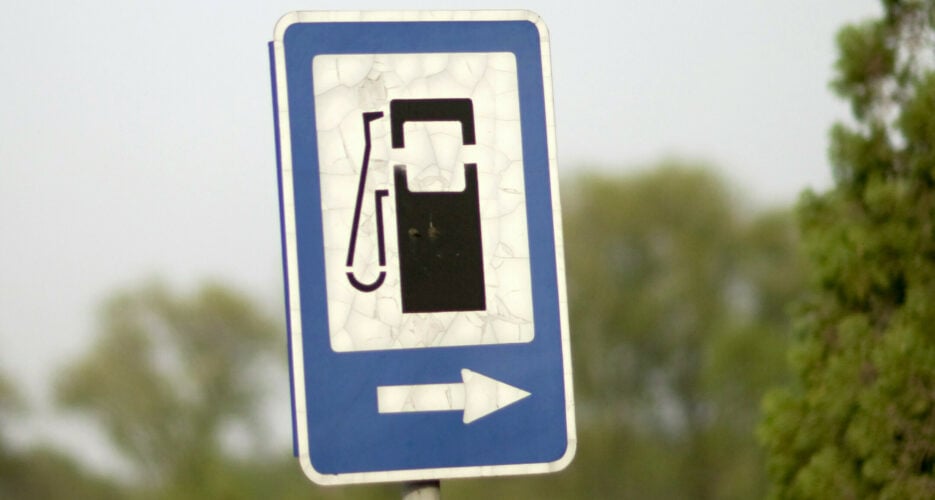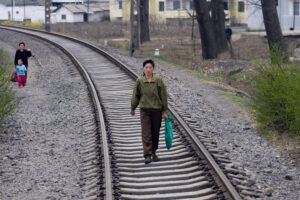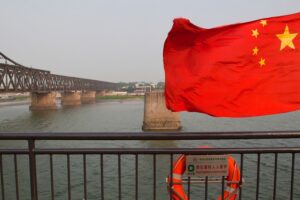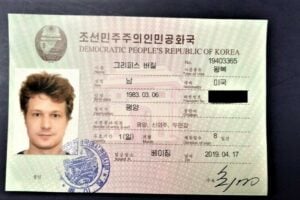North Korea likely exceeded oil import limits set by the United Nations this year, according to a new report from the Royal United Services Institute (RUSI), after Pyongyang appeared to kick-start smuggling operations in May.
The development comes after months of little to no oil inflows, suggesting rising demand has put pressure on Pyongyang to dial up the covert trade.
North Korea likely exceeded oil import limits set by the United Nations this year, according to a new report from the Royal United Services Institute (RUSI), after Pyongyang appeared to kick-start smuggling operations in May.
The development comes after months of little to no oil inflows, suggesting rising demand has put pressure on Pyongyang to dial up the covert trade.
Become a member for less than $4 per week.
Unlimited access to all of NK News: reporting, investigations, analysis
The NK News Daily Update, an email newsletter to keep you in the loop
Searchable archive of all content, photo galleries, special columns
Contact NK News reporters with tips or requests for reporting
Get unlimited access to all NK News content, including original reporting, investigations, and analyses by our team of DPRK experts.
Subscribe now
All major cards accepted. No commitments – you can cancel any time.










